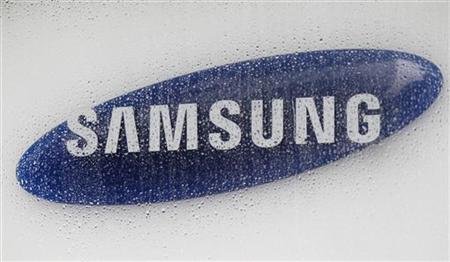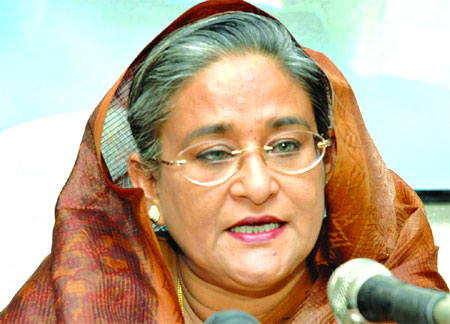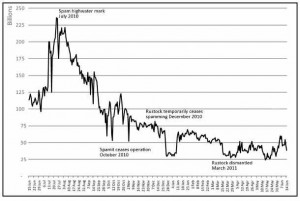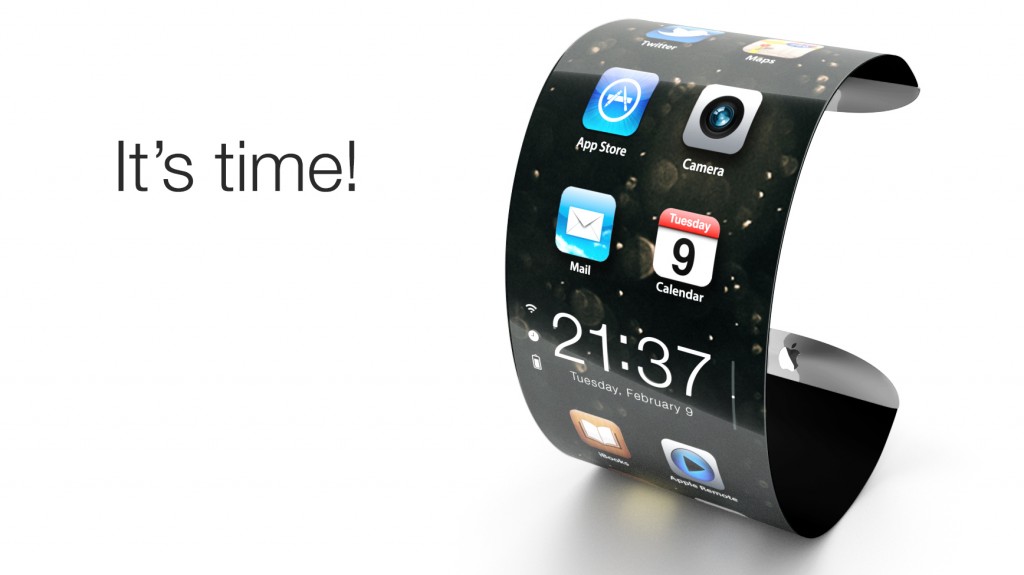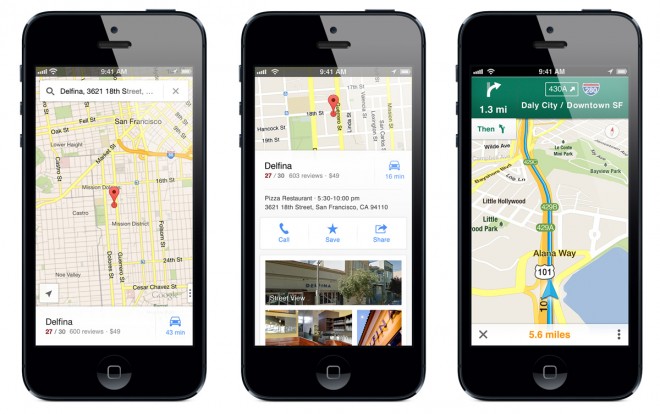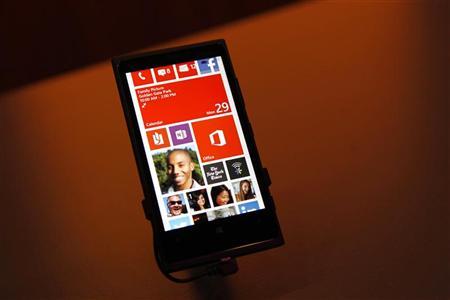 The cellphone giant, which once made more than half the world’s smartphones and 4 percent of Finnish GDP, funded an award won by Rovio, now one of the world’s two leading mobile gaming firms along with local rival Supercell, which next week opens a new HQ at former Nokia premises near central Helsinki.
The cellphone giant, which once made more than half the world’s smartphones and 4 percent of Finnish GDP, funded an award won by Rovio, now one of the world’s two leading mobile gaming firms along with local rival Supercell, which next week opens a new HQ at former Nokia premises near central Helsinki.
In an industry where many are chasing but few make serious money, Rovio’s Angry Birds game hit the big time with a billion customers around the world, most of them using smartphones of Nokia’s deadly rivals Apple and Samsung.
Last weekend its new Star Wars version of the birds game took top spot in global download charts from Supercell, which had led for weeks with strategic battle game Clash of Clans.
With Nokia expected to report net losses of nearly 5 billion euros for 2011 and 2012, and its smartphone market share now below 5 percent, the gaming firms offer promise that Finland will retain its place at the technology table.
Though they have a long way to go before they fill a Nokia-sized hole, they could help prevent a brain-drain of technology graduates.
“It’s clear that the direct impacts of startups and gaming firms are not even close to what Nokia still is, let alone what it was,” said Petri Rouvinen, researcher at think-tank ETLA. But in the long run they are “necessary for structural change” in an economy, driving entrepreneurship and creating new growth, he added.
Finland’s economic growth is expected to be less than 1 percent in 2012 and little more than 2 percent thereafter, as on top of Nokia’s problems, its other major export, forestry products, is in decline.
“We don’t need a new Nokia, to be totally dependent on one company. Instead we need a couple of hundred Rovios or Supercells,” said Christoph Thur, founder and chief executive of small gaming firm Ovelin, one of the first to bet on a rising trend of apps combining education and entertainment.
Ovelin employs only 12 people, but its guitar-teaching game WildChords has hit the top spot in music charts in 34 countries, as app stores give it instant global reach that earlier generations of startups could only have dreamt of.
Many of the Finnish firms are riding the free-to-play model that lets gamers try before they buy, making life tough for physical game product makers such as Electronic Arts, Activision Blizzard and Take-Two Interactive Software, whose sales are falling.
ANGRY BIRDS
Even the most successful of them remain of modest scale. Rovio employs nearly 500, just a tenth of the people Nokia laid off over 2011 and 2012 in Finland, where it still employs 6,500.
But Nokia’s woes could be a case of creative destruction.
“Nokia employees used to stay with Nokia and avoid risky ventures, creating an insular bubble of tech expertise that did not foster startup growth in Finland,” said analyst Tero Kuittinen from mobile analytics firm Alekstra.
“Finland’s start-up evolution must now run at an accelerated rate to mop up IT and marketing experts from the labor pool,” Kuittinen said.
Marketing experts are a key part of Rovio’s success story as the firm has expanded its one-hit brand beyond games. Last year it made 30 percent of its annual revenues of $100 million from merchandising and licensing.
“We have been consistently building Angry Birds as a brand, much stronger than the game itself,” said Petri Jarvilehto, games chief at Rovio.
Local research firm Neogames forecasts Finnish gaming software sales of 250 million euros this year, two and a half times what they were two years earlier, an estimate made before Supercell revealed its 58 staff generated daily sales of $500,000 in October.
That kind of growth has made Helsinki the industry hub.
“If you want to make games for tablets and smartphones, this is the centre of the universe,” said Supercell founder Ilkka Paananen.
It attracts big names like Disney, which last year bought local startup Rocket Pack, to get access to technology that enables developers to make games for different platforms, and French games publisher Ubisoft, which bought RedLynx gaming studio, known for its Trials driving games.
In September EA opened its own studio focusing on a mobile version of its hit life-simulation strategy game The Sims, once the bestselling PC game in history.
“We feel that the talent base in Finland will be a strong complement to our existing mobile expertise based around the world,” said Lucy Bradshaw, General Manager of EA’s Maxis label.
The sector is expected to employ 1,500 people in Finland this year, up from 1,064 in 2010.
Nokia, which paid just 150 euros to the Finnish tax man last year, compared with 1.3 billion euros for 2007, in its prime supported an eco-system of suppliers, which are now suffering.
Electronics company Elcoteq filed for bankruptcy last year as Nokia turned to cheaper Asian suppliers. Of key suppliers, casing maker Perlos was bought by Taiwan’s Lite-On Technology Corp, while Digia and Elektrobit have cut jobs after making losses.
The gaming firms can’t turn back that clock, but they might soon eclipse Nokia in valuation terms.
Alekstra’s Kuittinen has valued Rovio at $6-9 billion, based on expectations of fivefold sales growth this year to $500 million and a 12-18 times multiple. That’s only just short of Nokia’s current market capitalization of nearly $10 billion.
Source : Reuters







